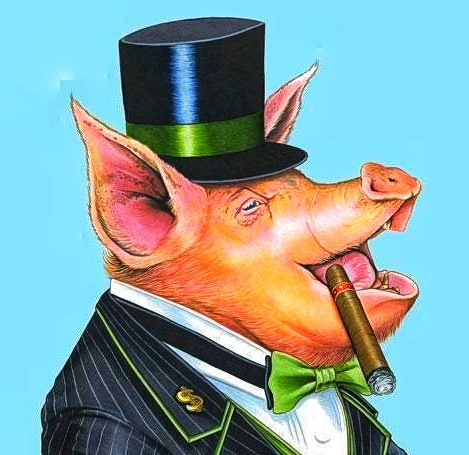Did the Mongol Empire have any long-lasting influence? Why is it discussed less than the Roman Empire, which was a significantly smaller empire? There was once a tweet that asked the same question. It is difficult to find a non-Eurocentric answer to the question, considering a majority of the internet is populated with reactionaries with an affinity for the Roman Empire as the ‘greatest civilization’ so to speak.
Rome maintained a centralized state over a very long period of time, in a fairly compact region (the Mediterranean and western Europe). The Mongols covered a lot of different, far-flung cultures that almost immediately went their separate ways after Genghis Khan’s death. Their influence is more comparable to Alexander the Great’s empire, where it briefly had incredible influence across the world but then each region developed separately.
We’re all still living in the shadow of the ottoman empire points at occupied Palestine
The empire only existed on paper. In practice, there were multiple polities and those polities relied on preexisting bureaucracies that the Mongols inserted themselves into at the top instead of dismantling. Technically speaking, the Yuan dynasty applied to the entire empire instead of just China, meaning Yuan dynasty and Mongol empire are completely synonymous, but that didn’t reflect reality on the ground at all.
And the Yuan dynasty itself was just another Chinese dynasty. The Mongols did a few things different like penning multiple annals of the previous dynasties without picking which dynasty was legitimate. Traditionally, each dynasty would pen an annals of the previous dynasty they overthrew as a means of legitimizing themselves as well as the previous dynasty. (As an aside, the ROC tried to draft a History of the Qing so you can get an idea how deeply rooted the idea of writing a history of your predecessors is in Chinese political culture.) When there were multiple coexisting dynasties, the subsequent dynasty that is not one of the coexisting dynasties would specify which dynasty was legitimate and which dynasties weren’t. The Mongols broke from Chinese political tradition by simultaneously legitimizing all of the dynasties they conquered, in this case Song, Jin, and another dynasty I’m blanking on.
This is just one example, but it goes to show how little institutional change the Mongols enacted for their conquered region. When you get to complete minutia like specifying where exactly the Mandate of Heaven came from before being bestowed onto the Great Khan, it just shows how willing the Mongols were open towards adapting to whatever political institution and tradition they found themselves ruling over.






